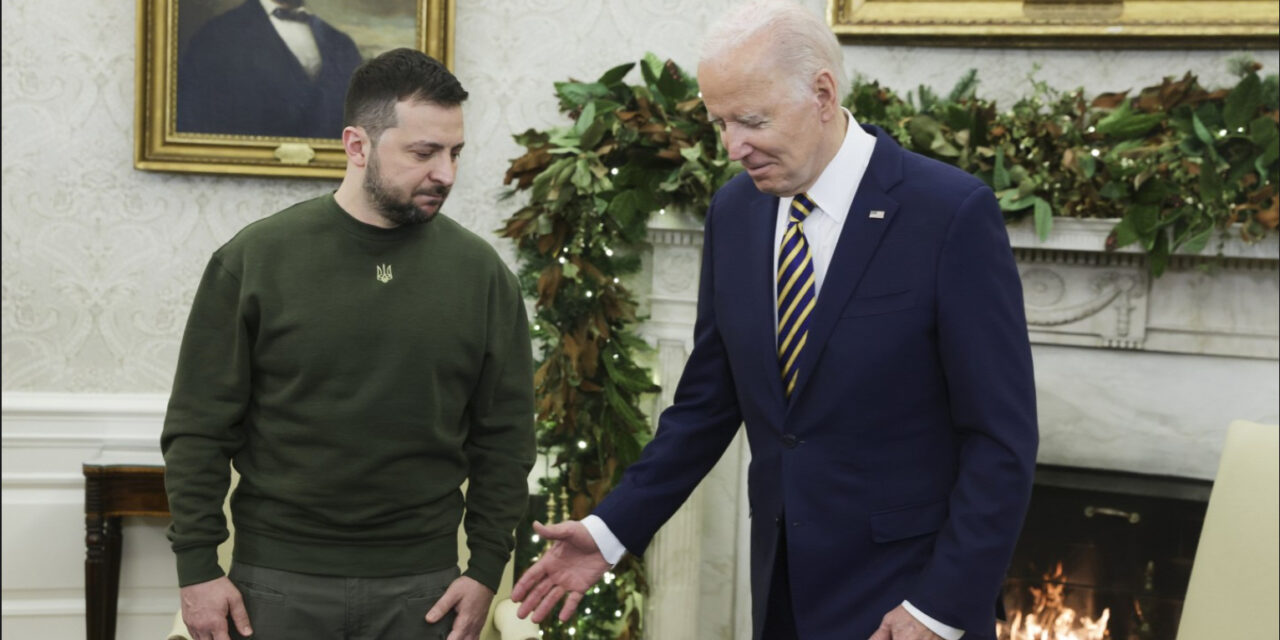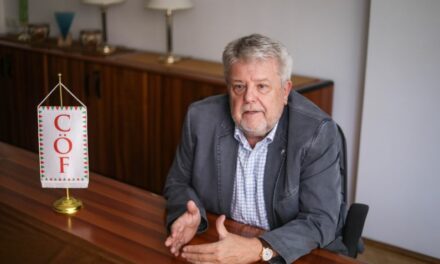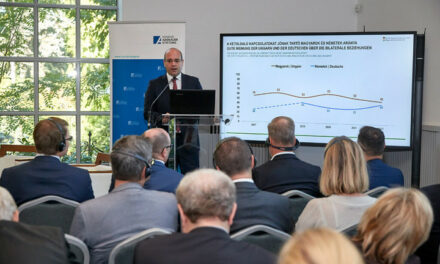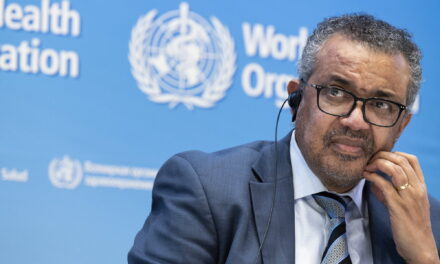explains the details of the Ukrainian president's deliberate lie in his op-ed for the
Vance highlights the fact that Trump has not started wars or sent Americans to die on the other side of the world. He begins his article with an event that the liberal press was quick to drop, namely the missile attack on Poland that the Ukrainians tried to convince the world that it was launched by Russian forces. However, as it turned out, Ukrainian anti-aircraft missiles killed people on Polish territory, and, as the senator writes, it is not believable that the president of a country at war would not have been informed that their own missile had hit the territory of a NATO member state.
"As it turned out, the missile attack was not carried out by Vladimir Putin's Russia, but by Ukrainian air defense.
But Mr Zelenskiy denied Ukrainian responsibility even after NATO investigated the matter and found that Russia had not fired the missiles. The story faded from the headlines and Mr. Zelensky was hailed as a hero in Washington in December, and American taxpayers' money has been pouring into Ukraine ever since.
A wiser foreign policy would not have allowed this behavior to go unnoticed."
So, Zelensky and his lobbyists deliberately lied to Washington for two whole days, knowing full well that the consequence would be dragging NATO into a nuclear war. And the story was dropped by major news sources at the moment when it was proven beyond all doubt that the favorite of the West was clearly lying, just to drag America and its allies into war.
"The Democratic and Republican foreign policy consensus has led the country astray many times. Leaders of both parties supported the invasion of Iraq, the decades-long nation-building project in Afghanistan, the regime change in Libya, and the guerrilla war in Syria.
This policy cost a lot of money and killed many people, even though none of the conflicts served the long-term interests of the nation.”
The senator also describes that his entire adult life was shaped by presidents who plunged the country into unwise, dishonorable wars that they could not win.
“I had just started high school when George W. Bush was elected president, and his presidency is the first I can remember in detail. Mr. Bush let a just war in Afghanistan turn into a nation-building quagmire and then launched an unjust war in Iraq. His successor, Barack Obama, countered nation-building in Afghanistan and launched another war in Libya, with the enthusiastic support of then-Secretary of State Hillary Clinton.
Mr. Trump has not started a single war during his four years in office, despite enormous pressure from members of his own party and even his own administration.
But he did more than simply keep the peace. He brokered the Abraham Accords, the historic deal between Israel and Sunni Arab states that offers hope against Iran and could counter the Shia country's aspirations in the long run. It started the long, slow process by which the United States could end its economic dependence on China. After half a century of stagnation, he initiated diplomatic negotiations with North Korea. And, amidst loud jeers, he insisted that
Europe should take more responsibility for its own defense, precisely so that the USA does not sink deep into such dangerous conflicts as the one in Ukraine."
Vance then examines the activities of mainstream political leadership:
"A common criticism of Donald Trump, even from his allies, is that he is not a statesman. Even those who like his politics wish he would be more verbally reserved. That's okay anyway. But beneath the surface of this charge lies a sharp criticism of America's leaders. Why are the people being trained to be the leaders of the United States so careful in their words when they are so reckless in their actions?
Why does America spend billions of dollars to recruit and train the best young minds for leadership positions when those minds are orchestrating one foreign policy disaster after another?
The answer is that from the grand strategy seminars to the Ministry of Foreign Affairs, our concept of statesmanship has been destroyed.
For many, being a statesman means being polite on social media and a mega we spout nice words while we create world-historical catastrophes in the Middle East.
I prefer a different kind of statesmanship: one that stands up to the crowd, reminding leaders of both parties that the national interests of the United States must be defended ruthlessly but cautiously, with strong words and great restraint.”
This is straight talk from Senator JD Vance, and let's face it - there's no catch to it.
Featured image: MTI/EPA/Ukraine Presidential Press Service












